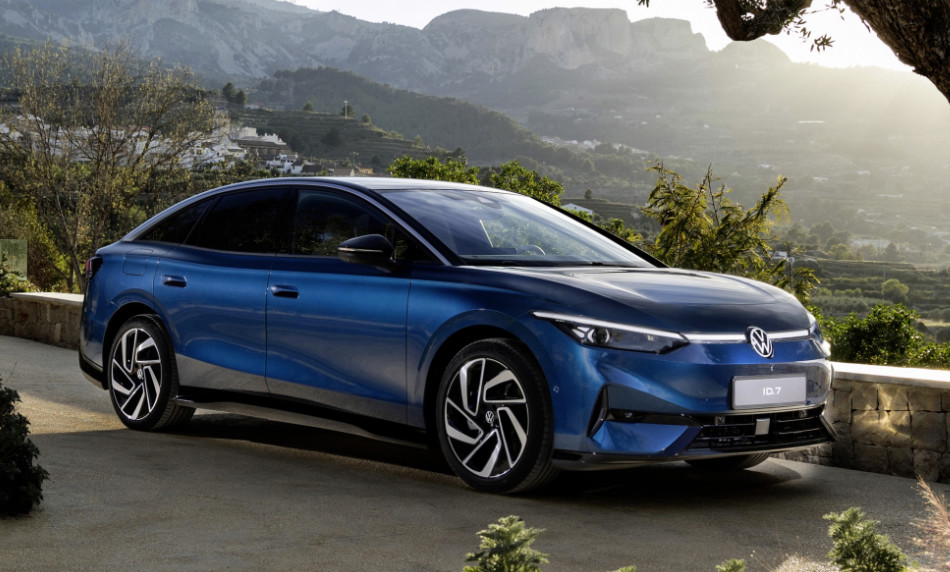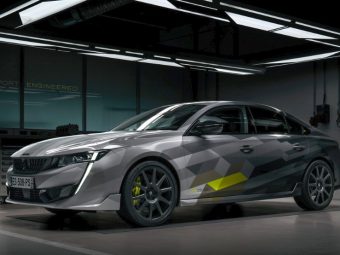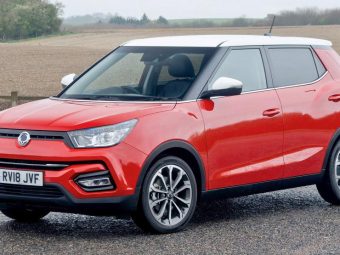Panic-stricken, desperate, and driven by the urgency to regain lost ground in the electric car race, Volkswagen’s latest EV experiment, the ID7, is poised to make its way into UK retail stores with a starting price of £55,000. The automotive EV wars, however, are not centred around saving the planet, reducing CO2 emissions, or projecting an image of sustainability and environmental consideration. Why do I say that? Because the electricity used to charge an EV is drawn from the national energy grid, which means that your typical EV will be charged with electricity from a mix of coal, oil and gas power stations.
Don’t rely on VW’s marketing; it’s largely composed of 80 percent lies. If you have solar energy integrated into your home, then you’re moving closer to a sustainability paradise. But here’s the catch: most solar panels are constructed from silicon, the second most abundant element on Earth. Transforming sand into high-grade silicon incurs a substantial cost and involves an energy-intensive process.
The lesson here is that we can never truly achieve sustainability or reach a net-zero state. However, succumbing to a marketing-driven PR bandwagon and Pied Piper into believe that you are doing the Earth a favour shouldn’t deter you from purchasing an electric car, even though it also involves energy-intensive processes.
For me, the electric car represents technology and progress, with Volkswagen taking only a small step compared to Tesla’s giant leaps. Tesla is 15 years ahead of VW, closely followed by the Chinese EV industry. Volkswagen has, for years, dragged its feet on electric cars while hiding behind green initiatives and sustainable marketing hype in order to fool people.
In the smoke-filled backrooms, Volkswagen executives dismissed the notion of a VW electric car for years. However, the massive fraud committed by Volkswagen during the dieselgate era compelled the German government to take action. Yes, you read that correctly—the German government took action by coercing VW down the pathway to an electric car future, otherwise, Volkswagen would have been willing to perpetuate the dieselgate scandal indefinitely.
The ID7 is purportedly positioned as a rival to the Tesla Model 3. The electric motors generate 286hp (210 kW), with both 2WD and AWD variants available. The launch model boasts a 384-mile range, and a larger battery version is claimed to offer a range of 430 miles. However, these figures may be misleading, as range statistics are often manipulated based on laboratory data. In reality, the real world range will be 50-100 miles less.
The Volkswagen ID7 doesn’t impress—it’s outdated, overpriced, and likely to be overhyped by motoring journalists. As I always say, opt for a Tesla either a Model 3 or a Model Y. They outshine the competition in every aspect, boasting improved build quality. Tesla, being a tech company at its core, ensures not only superior technology but also an overall enhanced product experience.
We’re not affiliated with Tesla in any way; we’re not paid by them, have no relationship, and don’t even know anyone from Tesla. We’re not on the media invite list, so we’re not compromised in any way. The bottom line: do not purchase a Volkswagen ID7.








